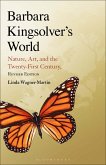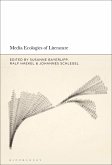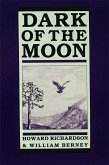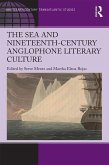Since Barbara Kingsolver published The Bean Trees in 1988, her work has been of great interest to readers-first, American readers; then British and South African readers; and finally to readers the world over. With incredible speed, Kingsolver became one of the best-known United States writers, a person who collected honors and awards as if she were a much more mature literary producer.
From the beginning Kingsolver touched an elbow of keen interest in her readers: hers was the voice of world awareness, a conscientious voice that demanded attention for the narratives of the disadvantaged, the politically troubled, the humanly silenced. By paying special attention to her non-fiction (essays and books), this new study by renowned literary critic Linda Wagner-Martin highlights the way Kingsolver has become a kind of public intellectual, particularly in the 21st century. It provides fresh readings of each of her novels, stories, and poems.
From the beginning Kingsolver touched an elbow of keen interest in her readers: hers was the voice of world awareness, a conscientious voice that demanded attention for the narratives of the disadvantaged, the politically troubled, the humanly silenced. By paying special attention to her non-fiction (essays and books), this new study by renowned literary critic Linda Wagner-Martin highlights the way Kingsolver has become a kind of public intellectual, particularly in the 21st century. It provides fresh readings of each of her novels, stories, and poems.









